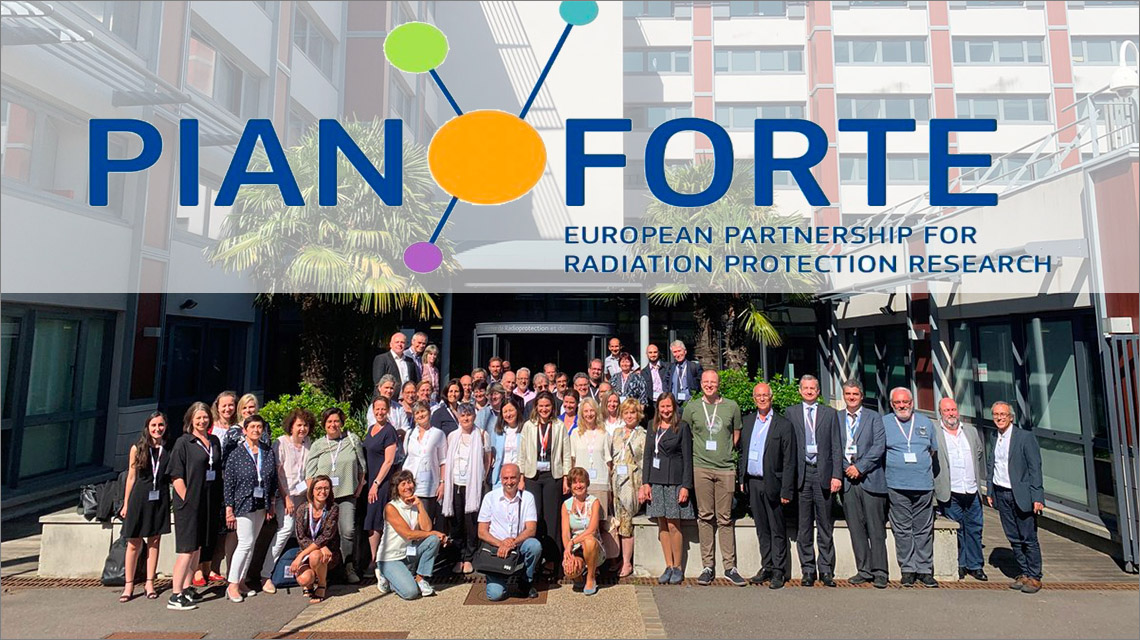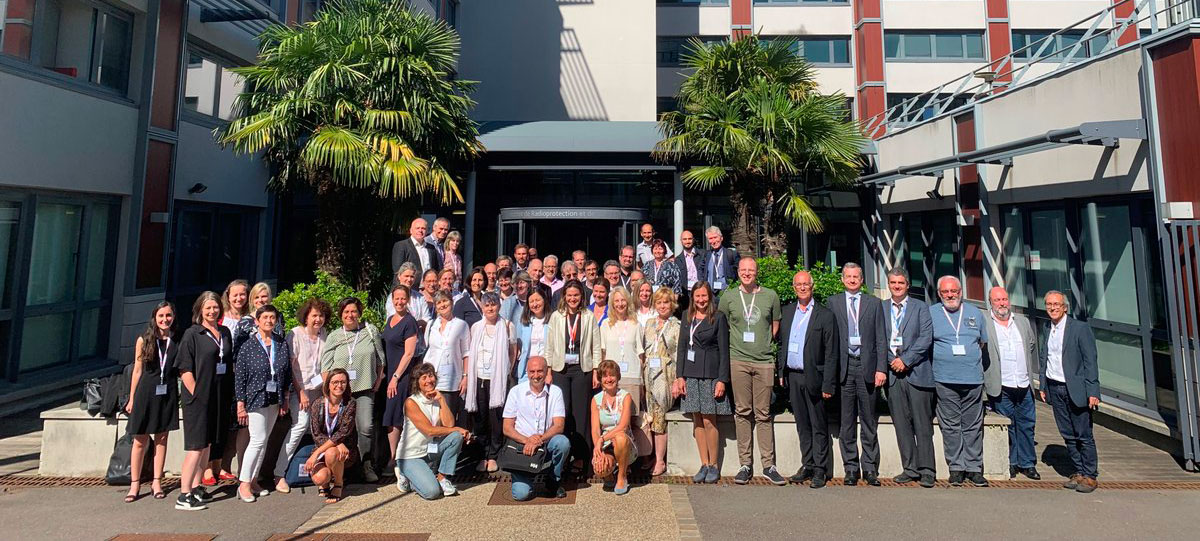Italian National Agency for New Technologies, Energy and Sustainable Economic Development

Health: ENEA joins European partnership for research in radiation protection
ENEA has entered the new European partnership for research in radiation protection. The partnership, called 'PIANOFORTE[1]’, has a budget of 46 million euro, of which 65% financed by the EU’s Euratom program and the rest by the partner countries. Coordinated by the French Institute for Radiation Protection and Nuclear Safety (IRSN), it brings together 58 partners from 22 EU countries, the United Kingdom, Norway and six EU research platforms on radiation protection[2], with the objective to improve the protection of health and the environment from natural, professional and medical exposure to ionizing radiation [3].
"For the next five years ENEA will represent Italy on behalf of the Ministry of Ecological Transition within the alliance with the role of program manager, a strategic participation for radioprotection research planning at European level in the short and medium term. As members of the partnership we will participate in upcoming research calls and have new funding opportunities. With the previous partnership 'CONCERT', which ended in 2020, ENEA obtained a 1.7 million euro funding, 40% of the total value of the two projects in which it took part", pointed out Simonetta Pazzaglia, researcher at the Biomedical Technologies Laboratory and ENEA coordinator for PIANO.
In addition to strenghtening knowledge and promoting innovation and safety in the radiation protection sector, this partnership aims to contribute to the priority European policies on health and the environment, such as the fight against cancer (Europe Beating's Cancer action plan), the health protection from environmental risks (European Green Deal) and, finally, improved preparedness for potential radiological events or nuclear accidents (European action plan on the Sendai Framework for disaster risk reduction).
As part of this partnership, between 2023 and 2025, at least three research calls will be organized addressed at the entire European scientific community, focused on four themes: radiation protection of patients in relation to the use of ionizing radiation in the medical field (in particular, proton therapy); the variability of individual response to ionizing radiation exposure, also in relation to gender and age; chronic exposure to low doses of ionizing radiation; improvement of response capability in nuclear or radiological crises and management of the post-accident phase. This "open call for proposal" system will promote excellence in science, creating high-quality knowledge and partnership expansion with the participation of specialized bodies and institutes.
"Among the objectives of 'PIANOFORTE' - to which ENEA will contribute - there will also be the update of the Joint Roadmap for research on radiation protection published in 2020, which will take into account a multiplicity of factors, such as the progress made by research and technology in the medical field, new energy policies, climate and environmental changes and new 'needs' in civil society”, concluded Pazzaglia.

Note
[1] PIANOFORTE - Partnership for European research in radiation protection and detection of ionizing radiation: towards a safer use and improved protection of the environment and human health
[2] MELODI, EURADOS, EURAMED, NERIS, ALLIANCE e SHARE
[3] Ionizing radiations are electromagnetic or corpuscular radiations with sufficient energy to “ionize” the matter with wich they interact, that is set in motion a large number of electrically charged particles. According to estimates by the American National Academy of Science, 82% of the radiation to which each individual is exposed on average comes from natural sources, such as radon gas. The remaining 18% results from human activities, mainly due to medical procedures that use X-rays, and only to a lesser extent to the use of consumer products, nuclear medicine, professional reasons or nuclear fallout / spills.
